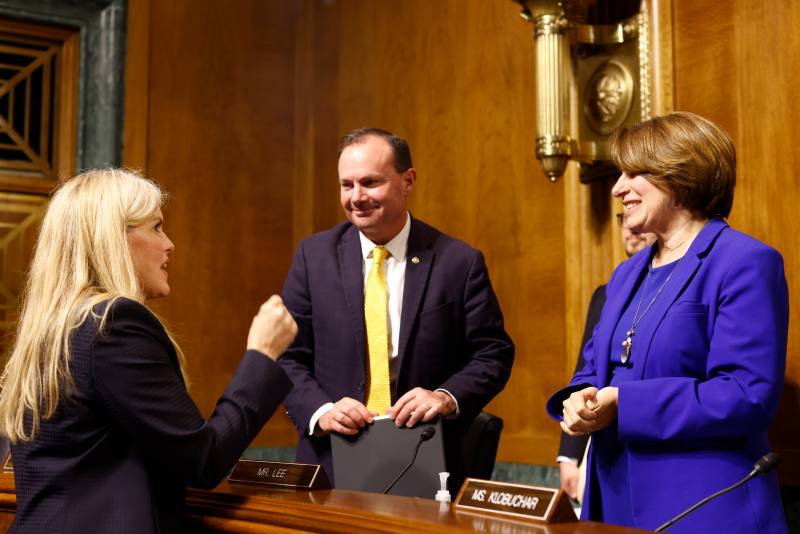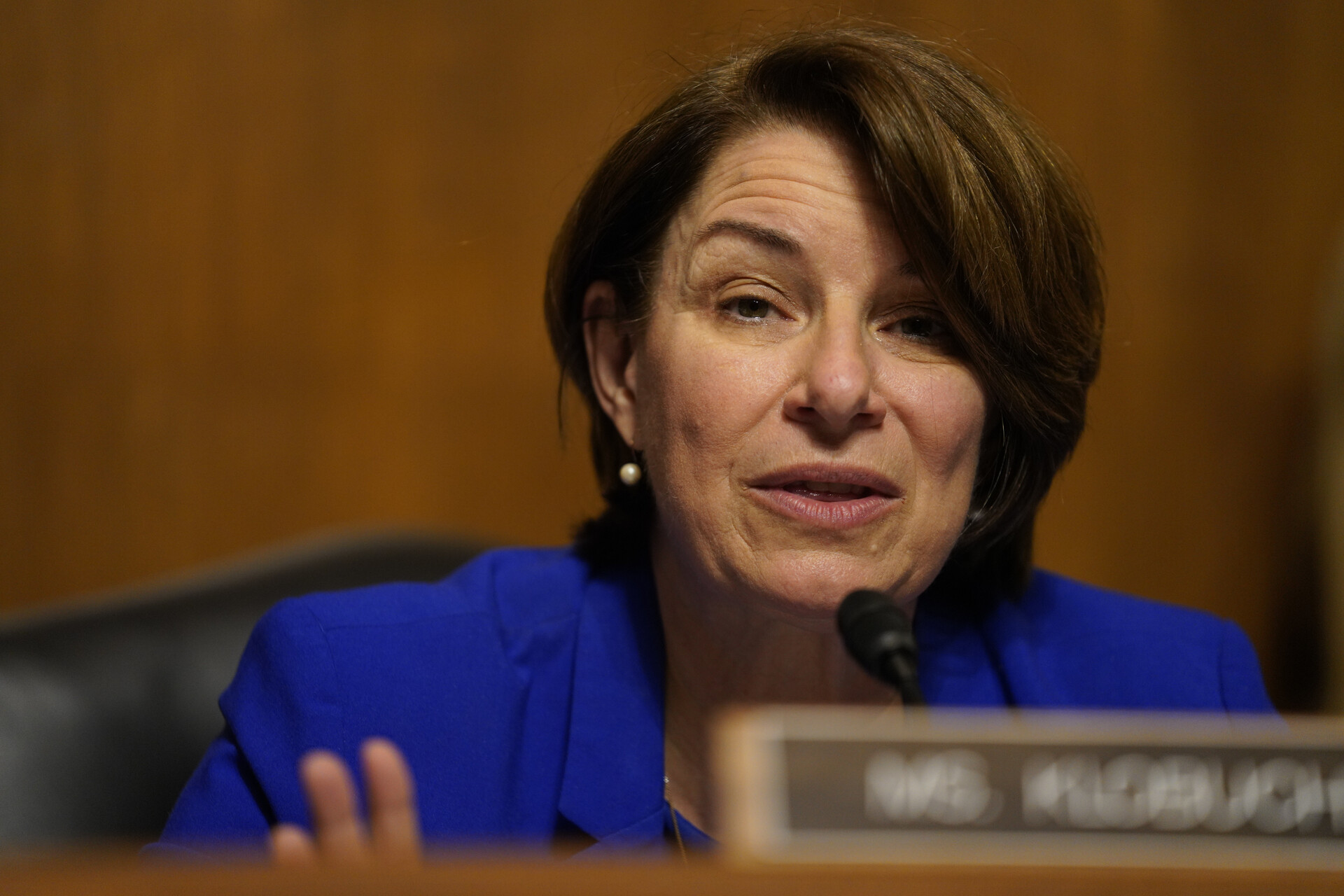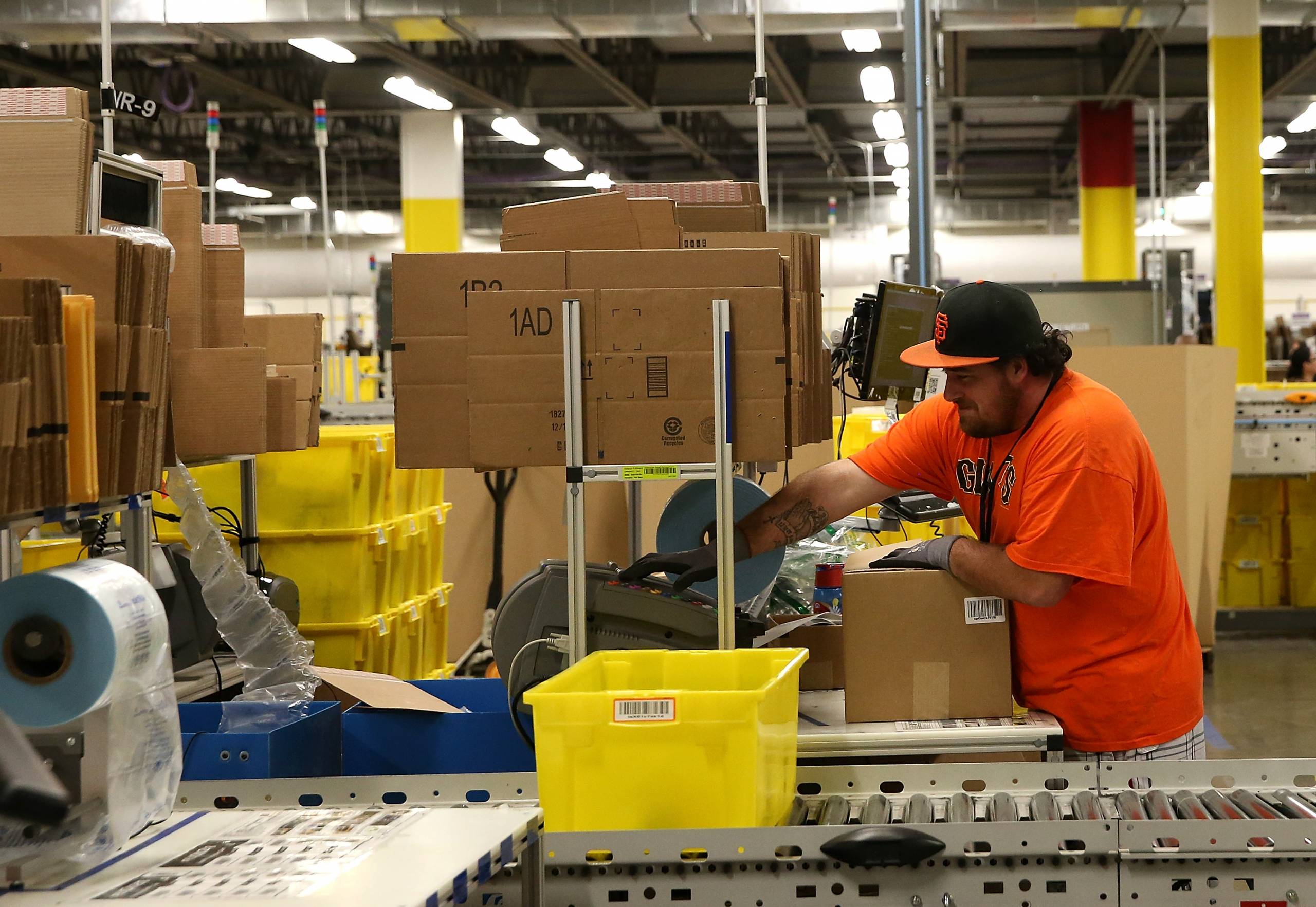Efforts by Democrats, like Klobuchar, to win support from key Republicans, he says, have resulted in bills full of ticking time bombs that could explode on Democrats and their allies the next time Republicans regain control of the White House.
For instance, Szóka argues, the same bill that would prevent tech titans from discriminating against competitors might also prevent them from removing companies from their app stores that have violated content rules, like Parler, a social media platform that has become a safe harbor for right-wing conspiracy theorists.
"It's going to be easy for these sites that cater to extremists to sue, to harass mainstream services, to rifle through emails, to depose executives," said Szóka.
Similar concerns have been expressed by many in California's congressional delegation, suggesting that Democrats could balk at supporting some of the bills.
Sens. Dianne Feinstein and Alex Padilla are among a large group of California Democrats who have criticized elements of the bills, mirroring some of the arguments made by tech-funded think tanks. Reps. Lou Correa, D-East LA; Ted Lieu, D-Torrance; Eric Swalwell, D-Castro Valley; Ro Khanna, D-Fremont; and Zoe Lofgren, D-San Jose also have raised concerns.
"I think they spent more time on the hearing than they did in writing the proposed legislation. Because it’s not well crafted and it was done in a hurry," Lofgren recently lamented about the American Choice and Innovation Online Act.
In an interview last month with Julia Angwin of The Markup, Rep. Khanna said breakups are certainly justified in some instances. "On Facebook, for example, where they've acquired Instagram and WhatsApp, you should have an unraveling of that company. I think you want to have a ban on mergers that are acquiring competitors."



